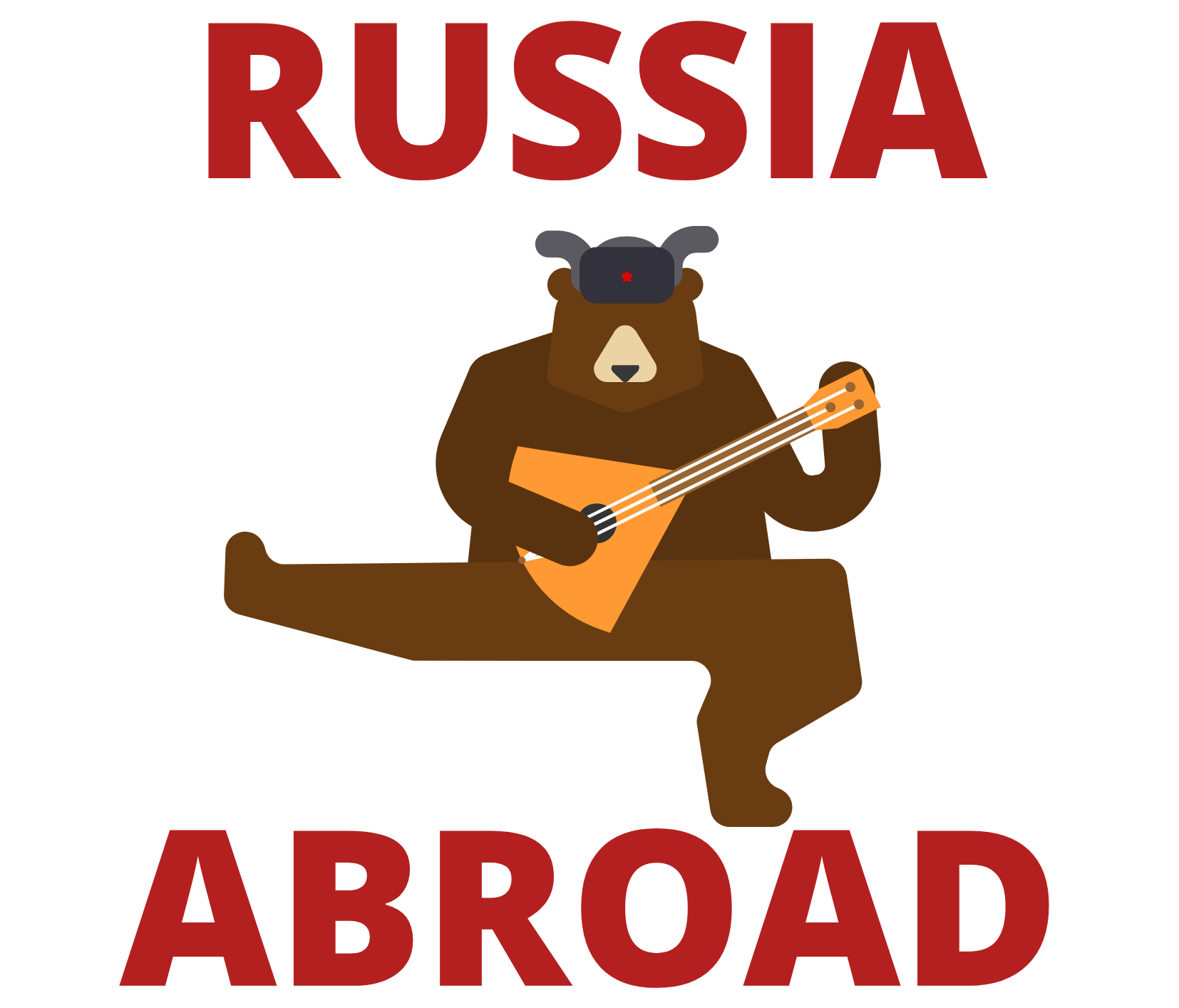1. Explore the neighborhood you live in and don’t only stay on Nevsky Prospect. While there are many incredible things to see along Nevsky Prospect, the main drag, staying off Nevsky will allow you to see other attractions without the crowds of foreign and domestic tourists as well as helping to improve your Russian, as one is less likely to find English speakers further away from Nevsky.
2. Start trying to speak Russian as much as possible early on. While the prospect of avoiding English appears daunting and sometimes frustrating, you will notice that your Russian will improve rapidly and soon you will be able to express yourself more fully without having to resort to English or on the spot translations.
3. Come up with a realistic, achievable list of places to visit in St. Petersburg in the first few weeks and try to fit at least one in a week. Four months appears long on paper, but it will pass by rapidly. Don’t consistently walk past places that look interesting and think “I’ll go there next week…” Next week will become next month and so on, then you’ll notice there are so many places to visit and no time to visit them.
4. Resist the urge to spend hours every day on English language websites to get the daily news or entertainment. Watch the news in Russian and watch Russian TV shows. Reading news articles in Russian will exponentially expand your vocabulary along with allowing you to see your country in the news from a foreign perspective. Want to learn about Russian humor or just improve your intonation and pronunciation? Watch Russian TV.
5. Explore the Suburbs of St. Petersburg. It’s true that four months or even a year is a short amount of time to really experience all the city has to offer, don’t overlook the equally impressive suburbs which are home to extremely important historical places, especially the Catherine Palace in Tsarskoye Tselo, which is a short train or bus ride from Petersburg.
6. Go on all the excursions included in the program. Although you will be required to attend a set number of excursions as part of the program, I recommend going on all of them. The first reason is fairly compelling: you paid for it! Furthermore, many of the excursions will take you to places that you otherwise would likely not know about on your own or are difficult to access without prior planning. Also, it’s a great way to socialize with a group of friends and fellow students and RD’s while improving your Russian in a more comfortable environment than on the street. Did I mention you paid for them?
7. If you want to make Russian friends, then speak with Russians! When you are out on town with your friends, try to go up and talk to Russians that are your age, and while it can be intimidating at first to “break the cultural ice” most Russians are happy to see a foreigner taking enough interest in their country to have moved here to study Russian. Obviously one should exercise discretion regarding speaking with strangers, but that is no more of an issue here than in any other country. Speaking with them will teach you many cool slang words that your professors won’t and they can be great sources of information regarding cool things to do in St. Petersburg.
8. Don’t compare your level of Russian with native speakers. Russian is an inherently challenging language to learn, so do not make it harder mentally by thinking that your Russian is weak because all these native speakers are speaking faster and more articulately. This unfair, and unnecessary, comparison can cause students to “check out” and figure learning Russian is impossible. Instead of that, set small, specific, and achievable goals for yourself in the language every day and compete against yourself. Nobody, and especially not your teachers or peers, expects you to become fluent in Russian overnight. If it were that simple, more people would speak Russian. Take pride in the fact that you are studying a difficult, but entirely learnable, language that few other people outside of the former Soviet Union speak.
